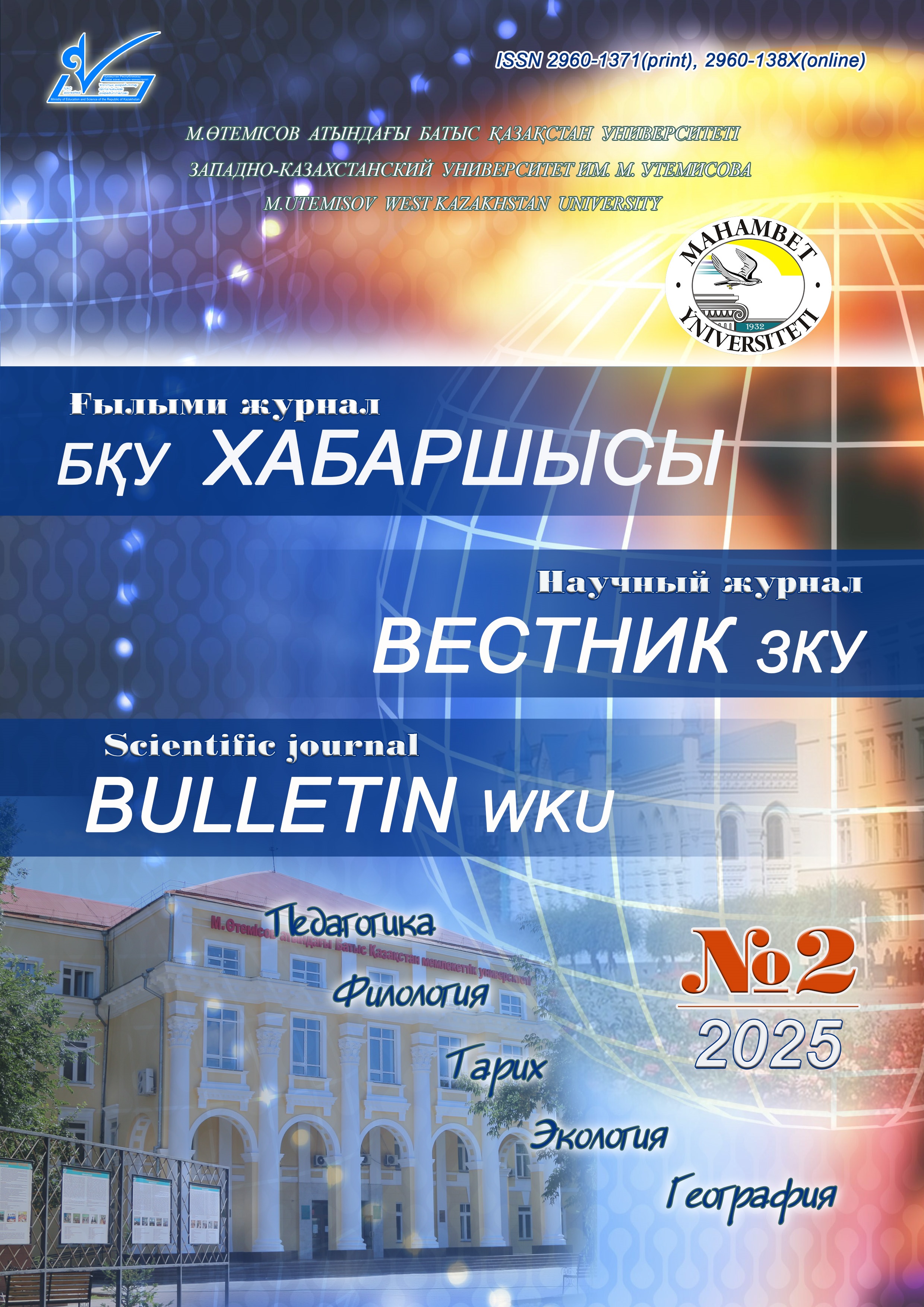THE IMPACT OF ARTIFICIAL INTELLIGENCE ON THE DEVELOPMENT OF PHILOLOGICAL RESEARCH: OPPORTUNITIES AND LIMITATIONS OF MODERN AI TECHNOLOGIES IN LINGUISTICS
Abstract
The advancement of artificial intelligence is increasingly reshaping the landscape of philological research, offering novel opportunities for the analysis of texts, languages, and cultural traditions. This article examines the outcomes of an interdisciplinary investigation based on 27 projects undertaken at German universities between 2020 and 2024, aimed at integrating AI technologies into philological practice. Through the application of quantitative and qualitative methodologies, case study analysis, and data triangulation, the study highlights both the potential of AI to expedite corpus processing and reveal latent patterns, and the critical risks associated with the erosion of cultural context and the insufficient reflexivity of researchers. Special emphasis is placed on ethical considerations surrounding the use of AI in the humanities, as well as the pivotal role of interdisciplinary collaboration in enhancing the functionality of digital tools. The findings underscore the necessity of maintaining a critical and informed dialogue between humanistic scholarship and technological innovation.



